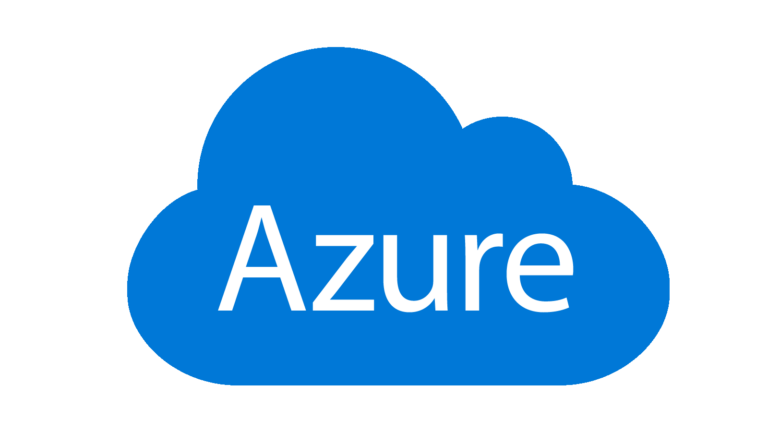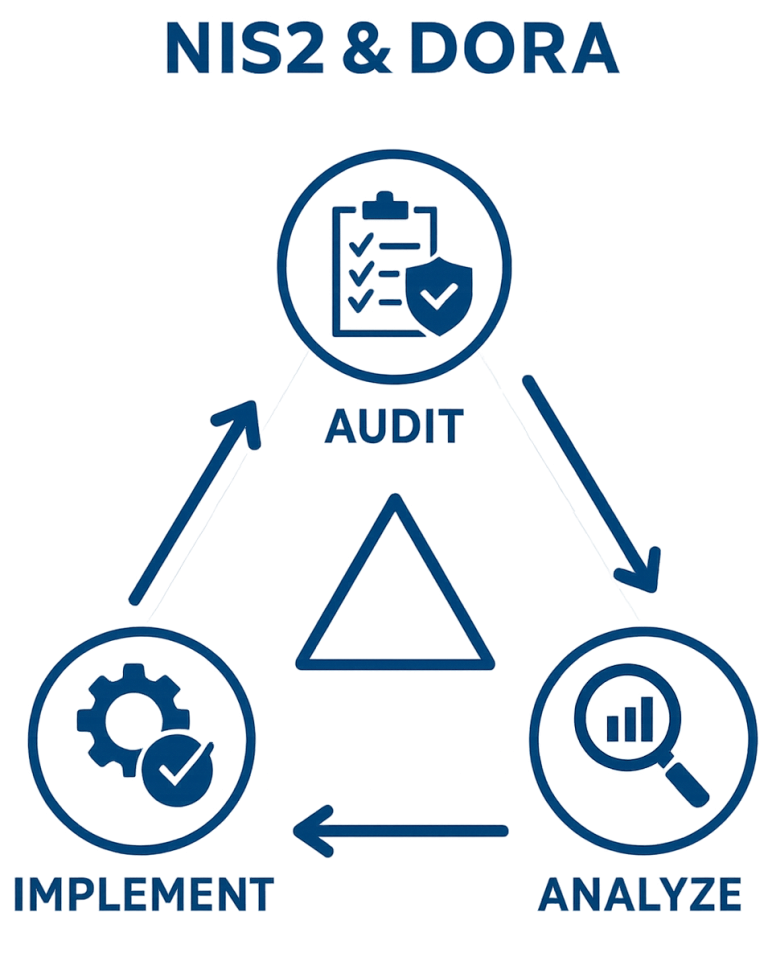Nextcloud: How to Build Your Own Private Cloud and Take Control of Your Data
In an era where data privacy is becoming increasingly important and big tech companies are gaining more control over our personal files, self-hosted cloud storage is a smart and powerful solution. With Nextcloud, you can set up your own cloud environment and manage your data on your own terms, without relying on external providers like Google Drive or OneDrive.
Building your own Nextcloud server not only provides complete control over your files but also offers strong security measures, including end-to-end encryption, two-factor authentication, and access management. In this blog, you’ll learn step-by-step how to set up your own private cloud and optimize its security, ensuring that your data remains safe—and entirely yours.
Whether you’re a hobbyist, IT professional, or entrepreneur, Nextcloud gives you the freedom to configure your cloud however you like. Let’s dive into the world of self-hosted storage and discover how to create a reliable, secure cloud solution!
Can Nextcloud Replace Microsoft 365?
As businesses and individuals seek more control over their data, the question arises: Can it truly replace Microsoft 365? While it offers a powerful self-hosted solution for file storage, collaboration, and communication, it lacks some of the advanced productivity tools found in Microsoft’s suite, such as Excel, PowerPoint, and Teams.
However, Nextcloud integrates with ONLYOFFICE and Collabora Online, providing document editing capabilities similar to Microsoft Office. It also excels in privacy and data sovereignty, making it a strong choice for those prioritizing security over convenience.
Ultimately, the decision depends on your needs. If you require full office suite functionality, Microsoft 365 remains the dominant choice. But if data control, security, and customization are your top priorities, Nextcloud is a compelling alternative.
Nextcloud in Action: Setting Up, Testing, and Our Experience
Now that we’ve explored the theory behind self-hosted cloud storage with Nextcloud, it’s time to put it to the test. The idea of owning and controlling our own data sounds fantastic—but how does it hold up in real-world usage? We set out to install Nextcloud, configure the client, and test its capabilities to see if it truly delivers on its promises
Step 1: Installing Nextcloud Server
Our journey began with setting it up on a self-hosted environment. Whether using a Proxmox VM, a Docker container, or a bare-metal setup, the installation process was straightforward but required careful configuration. We opted for a MariaDB database for better performance, mounted our storage on a NAS, and secured the instance with Let’s Encrypt SSL encryption.
We started with these steps: How to Install Nextcloud on Proxmox in 2025 – WunderTech
Step 2: Installing the Nextcloud Client
Once our server was live, we moved on to the client-side setup. Nextcloud offers desktop and mobile clients that sync files effortlessly across devices. Initial testing showed smooth synchronization, and the integration with ONLYOFFICE allowed us to edit documents directly within the Nextcloud interface—eliminating dependency on external services like Google Drive.
Step 3: Testing in a Real-World Scenario
With the server and client configured, we put Nextcloud through its paces. File uploads were quick and seamless, access management was robust, and security features like two-factor authentication ensured strong protection. The collaboration tools, including shared folders and live document editing, proved surprisingly effective—making Nextcloud a viable alternative to traditional cloud solutions.
Final Thoughts: Does it Deliver?
While Nextcloud provides a powerful self-hosted alternative to mainstream cloud services, it does require technical setup and maintenance. However, for those who prioritize data privacy, security, and customization, the effort is well worth it. Over the next few weeks, we’ll continue refining our setup and exploring whether it can fully replace Microsoft 365—stay tuned for our findings!
For more info: Nextcloud – Open source content collaboration platform






